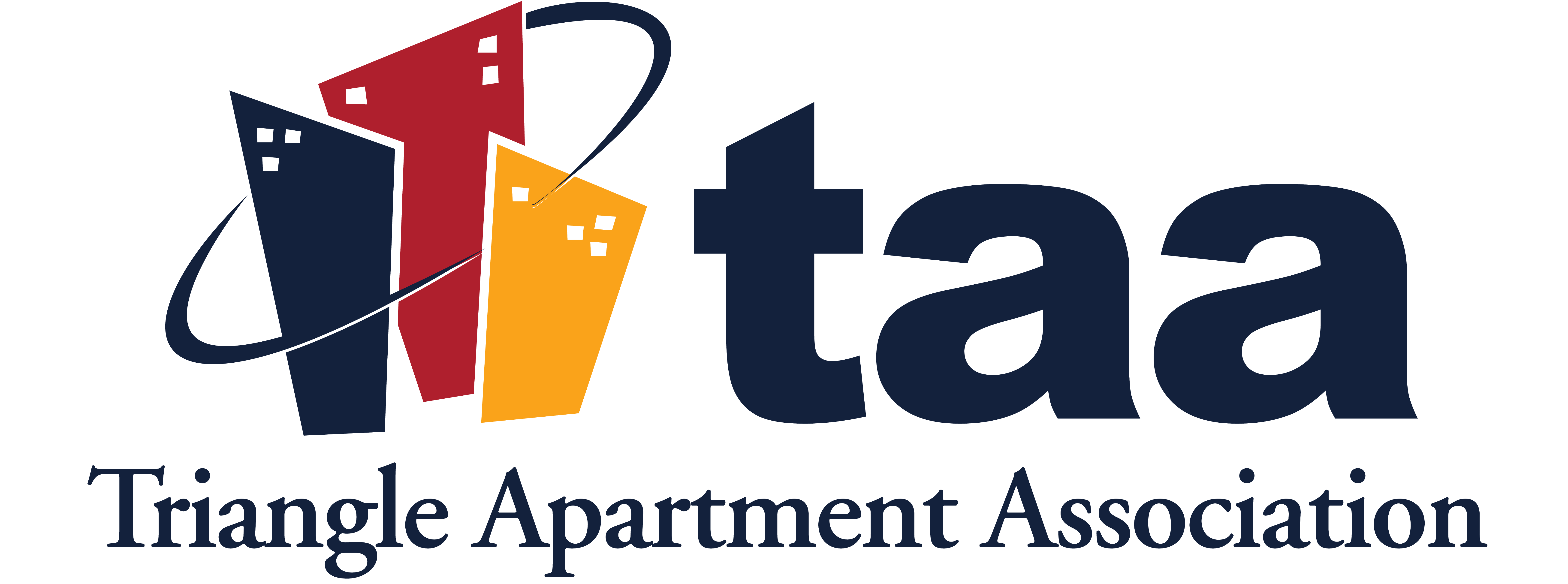Interview Skills
Take a deep breath. Straighten your jacket, wipe your palms on your pants, and open the door: you have a job interview today! The exciting, dreaded, palm- sweating, all smiles interview. It is no wonder that most people feel nervous during a job interview; it is the last step in the hiring process before a job offer is made. Your performance in the interview can make or break your chance at getting an offer. Ace your next interview with these tips!
It’s important to begin with asking, when does the interview begin? Your interview has already begun before you arrived on-site. The interactions you’ve already had with a potential employer were the beginning of your interview. Emails, phone calls, or video chats you may have had while setting up the main interview have already given your potential employer a first impression at the professional you are. Professionalism is the name of the game when it comes to successful pre-interview interactions. For example, employers often make an introductory phone call to gauge a potential team member. The goal during this call is to get an interview confirmed and make a good first impression. Put your best foot forward from the very first email or call, and you will have a much higher chance of getting an interview. Do not wait to show your professional side until the in-person interview or it may already be too late; the impression you made during the first phone call may already have given the employer warning signs that you are not the best candidate. If a potential employer calls on your day off when you have two kids in the car, it may not be the best time to speak with them. It is not necessary to be trapped into the call immediately if it’s not a good time. There is a much better chance at making a good impression by calling back when you are focused than when you are distracted by your surroundings (Timmy, stop torturing your brother!).
Email can be just as useful to make a good first impression, and professionalism is equally important in virtual communication. This is an excellent chance to show that your online communication skills equal your in-person presentation. Format your email to be clear and clean in appearance. Pay attention to the font used, signature line, and any stationary or background. This is the time to keep it simple, not the time to stand out. The email address you use should match your resumé and should not draw unnecessary attention. This means that while you will likely use your personal email address it should not include any profanity, suggestive words or other items that may warn off a potential employer. If your current email contains any of these, create a new address to use for professional purposes. Never use your company email to communicate with a potential employer outside of your current company! This is considered extremely tacky and could make your future employer cautious about wanting to work with you.
The in-person interview will still have the largest impact on your success landing the job. Dress for your interview as though you are showing up for your first day at work. The saying goes, “dress for the job you want, not the job you have,” and this is the time to exemplify this wisdom. Make sure your outfit is clean, wrinkle-free, and professional. It’s okay to overdress a little, but don’t go overboard either. Have a folio with extra copies of your official resume ready. If your interviewer has your resume printed on computer paper offer him/her a fresh copy on resume paper. This extra step is a great opportunity to show that you plan and prepare for important things. A good rule of thumb is to pack 3-5 copies of your resume in case there are other interviewers you aren’t anticipating. Lastly, remember you are not the only one being interviewed! Consider half of your interview time to be your opportunity to ask in-depth questions of your interviewer. Use this time to ask thoughtful questions that highlight your interest in the position. Research the company/position/location beforehand and consider what makes you happiest in your career. Are you looking for growth? Ask your interviewer about growth opportunities, company development, future vision. Are you looking for a promotion? Ask your interviewer what he/she thinks is crucial for someone new in the role to know, or what they would go back and tell themselves when they were new to this role. This is a fantastic way for you to take control of your interview and leave a lasting impression.
It is natural to be nervous before an interview, especially if you are going for your dream role. That doesn’t need to stop you from showing your best self and landing that dream job! Think of the interview as an opportunity to show all your skills- phone and email communication, in-person professionalism, and preparedness for a new role. Keep your communication clear and professional, present yourself well at the interview, and remember to interview your interviewer. Good luck!
This article was written by Natasha Holmberg with Greystar, as a part of the XCEL Committee's goal to provide regular, educational, posts for TAA's blog.
